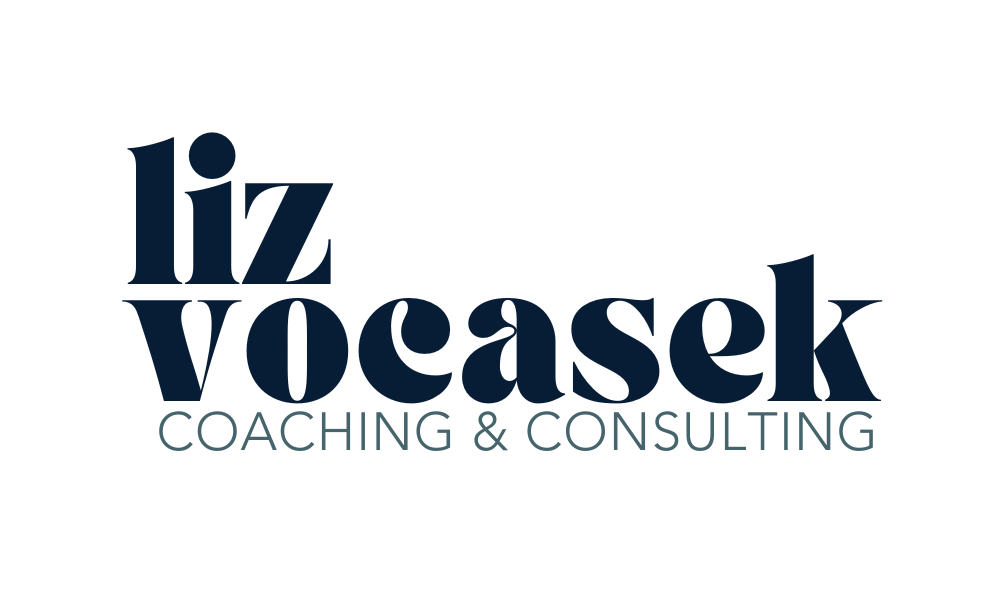Hello again, imposter syndrome. Back so soon?
This past weekend I had an old friend visit. It was not the type of visitor that anyone actually wants, but a bizarrely familiar presence that pops up from time to time. I was wrapping up day one of my professional coaching program and was participating in a partner exercise where we were asked to coach each other. Volunteering first, I tried to focus my attention on truly listening to my coachee, only to find myself quickly overcome by the desire to interject humor and guidance so as to demonstrate my likeability and wisdom—you know, the exact thing you’re not supposed to do as a professional coach. As for formulating curious questions free of leading statements, feedback, or judgment, I only found myself muttering incoherent parts of questions that usually trailed off with an uncomfortable laugh and flustered shrug. After ten agonizing minutes, my partner and I switched places. My confidence was then further eroded when my fellow beginner appeared to effortlessly perform as though she was a natural coach and pro.
Suddenly pulled out of our virtual breakout rooms and en route to the main classroom, an internal voice disguised as reason suddenly alerted me: “You can’t do this. You’re not coaching material. There is no way you’re going to pass the certification. Drop the course now while you can still save face and recuperate a few tuition dollars.” Surprising, though not unfamiliar to me, I found myself oddly comforted as my brain attempted to protect me from the mere possibility of public humiliation or financial waste. Before I could go too far down the rabbit hole of self-doubt, our instructor inquired about our experiences. Going around the room we commiserated on how challenging the experience was, the common struggles we faced, and how ill-equipped we all felt to be professional coaches, even my seemingly confident partner. It was comforting and encouraging knowing that I wasn’t alone, as well as absurd for any of us to think that five hours into a 140-hour, ten-month course we would be able to demonstrate the skills of a seasoned professional. In fact, the entire purpose of the exercise was to help us contextualize the learning and unlearning we would need to do in order to hone and develop this new skill set.
Fast forward a week and I’m still unpacking it all. I’ve spent days reflecting on the numerous moments in my life when—despite strong evidence to the contrary—my brain led me down a path of self-doubt and convinced me I was an imposter on the verge of being outed. Revisiting small and large-scale successes and achievements, I was fascinated by just how quickly I had attributed them to chance and circumstance. Admission to grad school? Well, I’m a good-ish writer who spent years working in colleges and universities, so clearly I knew how to manipulate the process and trick them into admitting me. Promoted to a national director position? Well, the candidate pool must have been small and the timeline was short, so obviously I just happened to be in the right place at the right time. My husband selecting me as his life partner? Well, this was definitely a momentary miscalculation by my highly intelligent partner, driven by his desire to keep his now co-dependent dog from losing a surrogate mother. Receiving the message, “As my most put-together friend, I need your advice,” from a highly intelligent and capable friend? Instead of feeling flattered, I felt concerned about who she was spending her time with and assumed she must be in a bad place if I was her advice go-to. Well, that or she sent the message to the wrong person by mistake.
As I ticked through key moments spanning my life, even as far back as elementary school, I am awed by how often I’ve attributed my successes to being one-off anomalies or lucky breaks along the way. I mean, after a lifetime of documented success and achievements, how is it even possible that I still find myself feeling like a personal and professional fraud at times? I’d like to say that it’s simply a confidence issue. Yet, I can look at my resume or wrap up a project proud of my achievements and confident in my performance. I have a strong record of quashing moments of self-doubt and panic to lean into challenging concepts or projects. I know I am capable and talented. Rather, I share it as a simple reality that imposter syndrome is real. It’s pervasive and frustrating, and as I’ve discussed with people I deeply admire, it’s an incredibly common and shared experience, especially for women.
So, while I don’t have any quick-fix remedies or large-scale solutions, I am actively exploring this topic and plan to write more at some point down the road. In the meantime, I just want to assure my fellow imposters that you are not alone and to remind you, as Valerie Young says, “You’re already successful. You just don’t own it.”
Until next time... Y’all be awesome out there.

